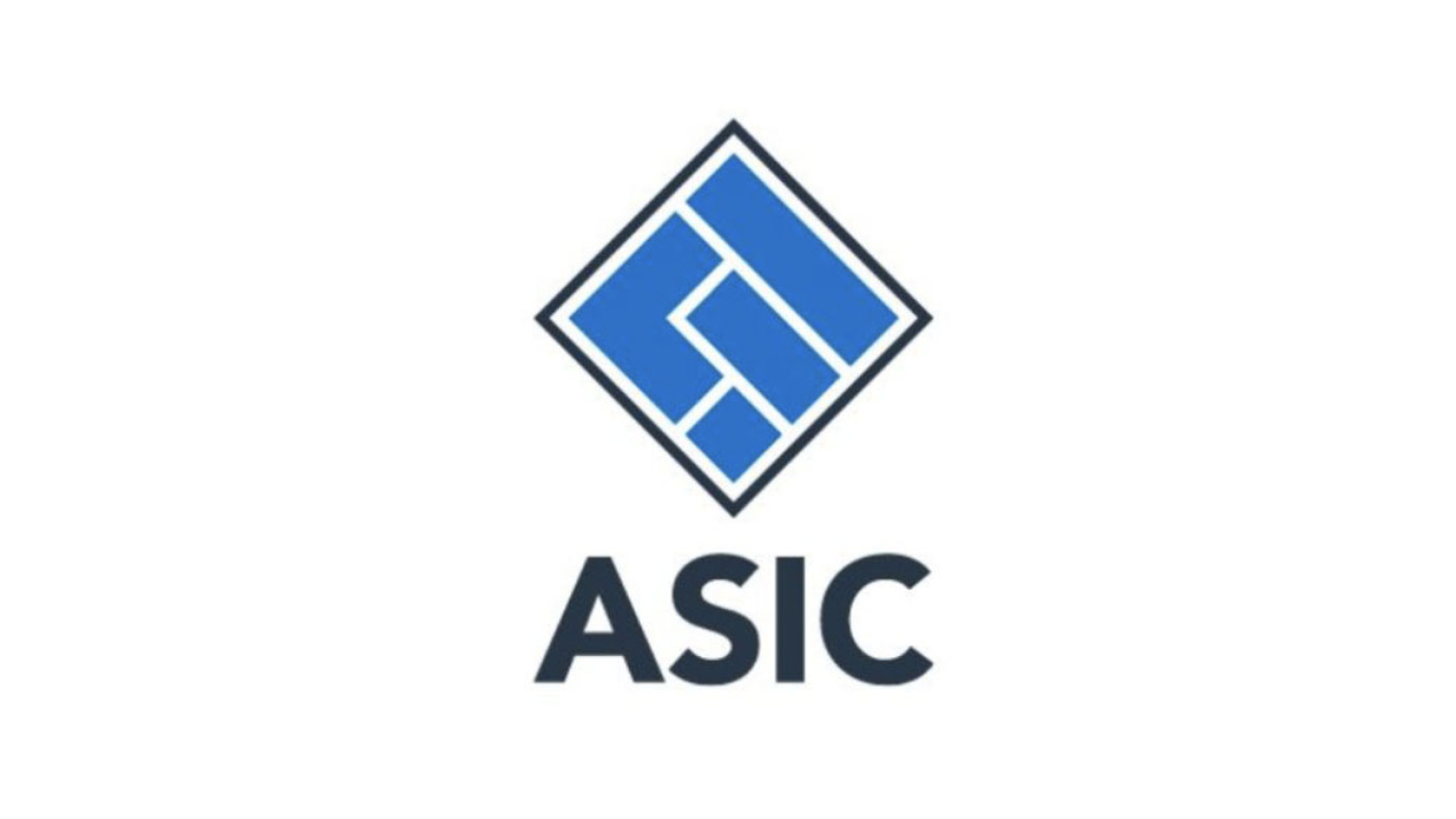Affordable advice review offers an opportunity for change
Financial advice industry bodies including the SMSF Association (SMSFA), Association of Financial Advisers (AFA), and Financial Planning Association (FPA) have jumped on ASIC’s Affordable Advice review to call for an industry reset. This week the SMSF Association released their submission, with key concerns relating to compliance, both in terms of costs and burdens being applied, particularly by Australian Financial Services Licensees (AFSLs).
According to the SMSF Association, ‘the current regulatory system is failing consumers with an outdated compliance regime, impost from Australian Financial Services Licensees (AFSLs) and the operation of scaled advice the main barriers to providing financial advice that is more accessible, cost-effective and relevant to SMSFs’. The industry group has made 13 recommendations centred around reducing complexity, improving efficiency and ‘driving harmonisation’ across the industry.
In their submission, the SMSFA, led by CEO John Maroney, lists eight factors that are inhibiting a more sustainable, flexible, and cost-effective advice model:
- Compliance costs and levies;
- Licensees creating a significant extra layer of compliance and costs;
- Lack of clarity on how scoped advice can be provided;
- Compliance advice documents that are not fit for purpose;
- ASIC’s image;
- Guidance often not understood or read;
- The failure of the limited licence framework; and
- A regime that doesn’t support strategic advice.
An exodus of advisers from the industry, both limited and fully licensed, following the Hayne Royal Commission, combined with reports of ballooning costs for straightforward advice requirements triggered ASICs review. According to the regulator, scaled advice relating to individual strategic or investment matters is allowable under the legislation, but industry participants say this has been complicated by the requirements of FASEAs Code of Ethics. The result has been AFSLs effectively applying significant compliance burden and therefore costs on their advisers and clients.
Two of the thirteen recommendations proposed by the SMSFA are:
- Recommendation 3 – ASIC should explore what lessons can be learnt from wholesale clients and the advice process relating to these consumers, where consumers generally have a higher level of financial sophistication and greater access to affordable financial advice.
- Recommendation 12 – The limited licence framework has failed and should be removed and transitioned to a new consumer centric framework. This may be in the form of a ‘strategic advice’ offering.
The SMSFA says that the introduction of ‘strategic advice’ could be an integral part in developing a far more consumer-focused financial services regulatory system.
Commenting further, they say that “the current regulatory system makes it very difficult for SMSF trustees to obtain the limited SMSF advice they require. We believe every effort should be made to implement ideas and changes, even where improvements may be difficult to fit into the existing framework – and strategic advice is central to this.”
Maroney says the growing interest in strategic advice is because many consumers want this advice rather than advice on specific financial products. Additionally, with comprehensive advice out of reach for many Australians due to cost, it is clear more are seeking piece-by-piece strategic guidance. “With improvements to the way limited advice is offered out of CP 332, strategic advice could be the foundation on which a consumer-focused framework is built”.










